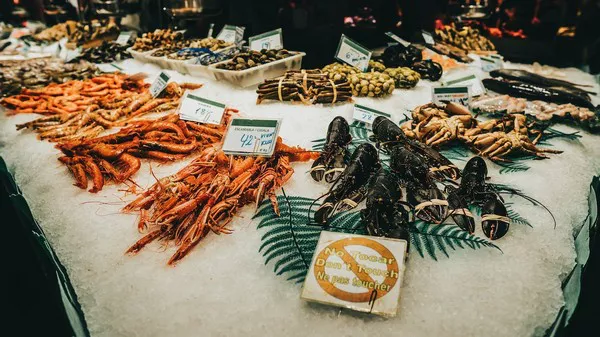Attention North Carolina seafood enthusiasts, it’s time to consider the source of your delectable catches. Recent legal battles in the 4th Circuit of the U.S. Court of Appeals have implications for the seafood industry in the state.
Recreational charter fishermen and a former producer of a North Carolina fishing show attempted to make it illegal for North Carolina shrimp trawlers to discard fish while fishing for shrimp and to catch shrimp with trawls in Pamlico Sound without specific permits from the Environmental Protection Agency or its state proxy.
Fortunately for commercial fishermen, the 4th Circuit unanimously ruled against these plaintiffs. The court recognized that their claims would have demanded environmental permits for recreational fishermen releasing fish, posing substantial impacts on the public. The legal battle took three years, incurring substantial legal fees for the shrimpers.
This development should catch the attention of North Carolina seafood consumers because the majority of the shrimp available in the state comes from trawlers in Pamlico Sound. Shrimp is a vital seafood in North Carolina, and it’s among the most consumed in the United States. Had the plaintiffs succeeded, it could have significantly impacted those who savor North Carolina shrimp.
This lawsuit is part of a broader trend where there have been numerous attempts over the past 15 years to limit access to local seafood. As an avid seafood consumer and fisheries scientist, I observe these efforts with concern. There have been proposed legislation, lawsuits, petitions, and other measures to restrict or eliminate commercial fishing practices.
While such concerns exist, it’s important to remember that the benefits of consuming fresh seafood outweigh potential risks. Fisheries in the U.S. and North Carolina are heavily regulated to ensure sustainability. The number of commercial fishermen has dwindled over the years, while recreational fishing has increased. North Carolina’s unique coastal waters and fisheries have a rich history, and it’s crucial to support these small family businesses.
Seafood lovers should remain vigilant, ask for local seafood when dining out, and stay informed and engaged in the efforts to protect and preserve North Carolina’s seafood industry.

